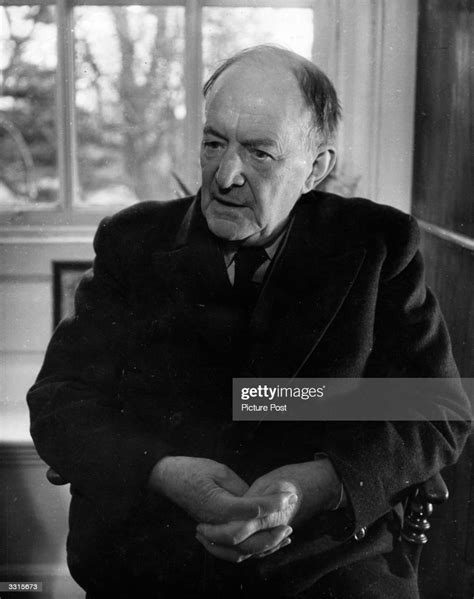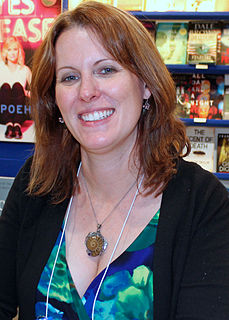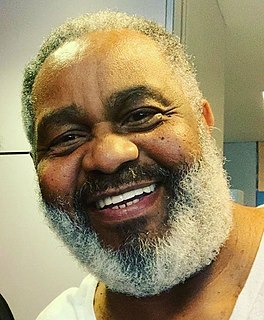A Quote by Mary J. Miller
You don't need a dead father to explain a character's sadness. And impressing yourself with wit/cleverness often feels like what it is - authorial intrusion.
Related Quotes
I try to think as little as possible, at least while working. I look at some of my early stories and can see the machination behind them, like a gear slowly moving. For example, sticking a dead father into the story to explain a character's sadness and bad decisions, or trying to impress myself with my own cleverness.
SADNESSES OF THE INTELLECT: Sadness of being misunderstood [sic]; Humor sadness; Sadness of love wit[hou]t release; Sadne[ss of be]ing smart; Sadness of not knowing enough words to [express what you mean]; Sadness of having options; Sadness of wanting sadness; Sadness of confusion; Sadness of domes[tic]ated birds; Sadness of fini[shi]ng a book; Sadness of remembering; Sadness of forgetting; Anxiety sadness.
In the psychological literature, depression is often seen as a defense against sadness. But I'll take sadness any day. There is no contest. Sadness carries identification. You know where it's been and you know where it's headed. Depression carries no papers. It enters your country unannounced and uninvited. Its origins are unknown, but its destination always dead-ends in you.
Magic is a two-way process: you use it to change yourself and in return, it changes you. Letting yourself enter a magical reality is not about creating an enclave of magic beyond your everyday life, but of allowing magic in- allowing for the intrusion of the weird, the irrational, the things you can't explain, yet are undeniably real.
'It was stupid, thinking it was him, I mean, I knew he was dead' Harry muttered. 'You think the dead we loved ever truly leave us? You think that we don't recall them more clearly than ever in times of great trouble? Your father is alive in you, Harry, and shows himself most plainly when you have need of him....You know, Harry, in a way you did see your father last night....You found him inside yourself.'
































